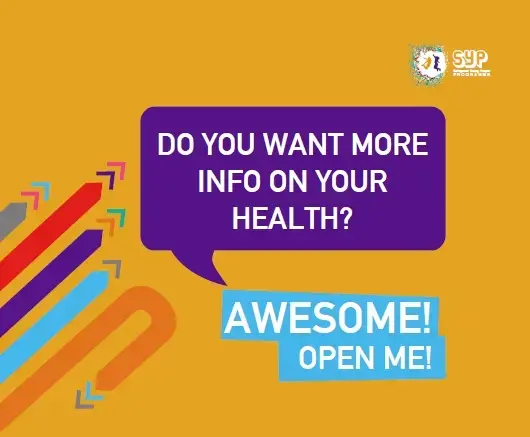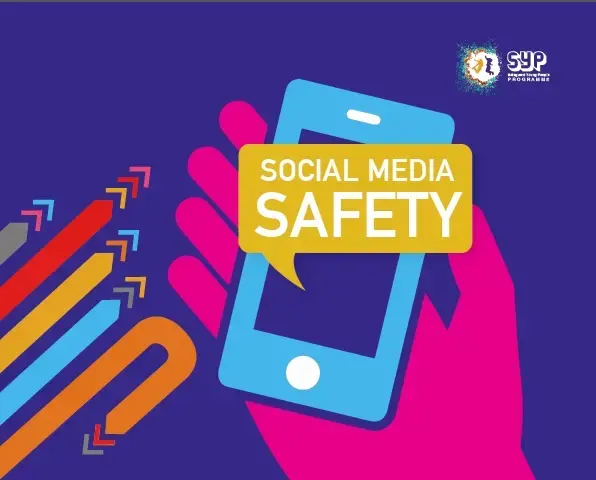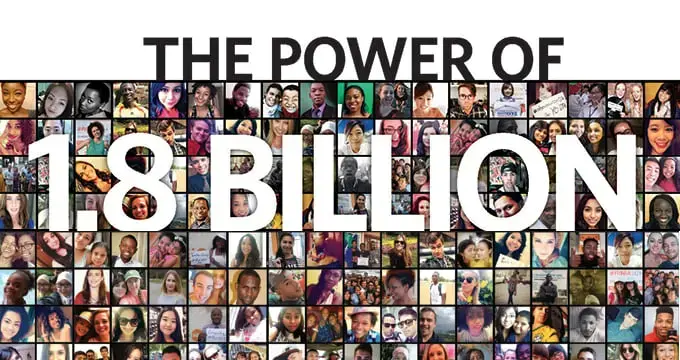Comedian Margret Cho once joked: “Over half the world menstruates at one time or another, but you’d never know it. Isn’t that strange?”
Yet there is nothing funny about the silence behind menstruation for millions of adolescent girls and young women, who are often uninformed and ill-equipped to handle their period because no one wants to talk to them about it.
Take Ninsiima Jovat, 17, a student at Bishop McAllister College Kyogyera, Uganda: “Our school has a teacher assigned to career guidance, and other teachers assigned to other academic-related responsibilities. The school also has a female teacher in charge of conducting monthly check-ups among girls for pregnancies. However, no teacher is assigned to give menstrual health management (MHM) support or advice to girls in all three schools I have studied [at].”
She was speaking to Lydia Asiimwe, who was conducting research on menstrual health management (MHM) in Uganda.
Ms. Asiimwe, 36, is co-founder of EcoSmart, an environmentally sustainable start-up enterprise by girls for girls. It involves the production of low-cost sanitary towels made from sugarcane for girls in rural communities.
Since she participated in the First East and Southern African Regional Symposium on Menstrual Health Management, organized by UNFPA, the United Nations Population Fund and the South African Department of Women in Johannesburg, South Africa in May 2018, she has been speaking about and advocating for improved menstrual health management for girls and women in Uganda through her maiden initiative, Break the Silence Uganda.
In addition to developing sanitary pads, we are going to tackle issues around access to information and improving existing infrastructure, especially in public schools, to support MHM.
women in Uganda. © UNFPA ESARO/Sven Meela
“Motivated by the wealth of knowledge I gathered from the symposium, we decided that in addition to developing sanitary pads, we are going to tackle issues around access to information and improving existing infrastructure, especially in public schools, to support MHM,” Ms. Asiimwe said.
The aim is to move towards more integrated MHM services, and to this end she is working with the University of Makerere to roll out Break the Silence Uganda at 25 public schools in Western Uganda. Although each school hosts 300 girls, the programme is intended to reach 45 to 50 students at each school due to limited staffing capacity.
Ms. Asiimwe anticipates that Break the Silence Uganda will help dispel unhealthy traditional beliefs about MHM, and supply factual MHM resources to girls in schools on how to manage their periods. She also seeks to provide transitional information to women who are ending their menstrual journey, and to inspire boldness in girls and women to share their MHM experiences.
Watch her interview on NTV Uganda.
“You should not feel ashamed or skip school”
Also inspired by the MHM Symposium is Okeri Ngutjinazo, 21, a journalist from Namibia and an MHM advocate. Through Power Pad Girls (PPG), she is using her writing and speaking skills to contribute to improvements in menstrual health for girls and young women in Namibia. Power Pad is an entity that advocates and raises funds for reusable menstrual pads for Namibian schoolgirls.
A speaker at the symposium, the event has had a profound effect on her outlook on MHM.
Speaking about menstruation has always been a no-go topic in communities. When you [start] your period, you are told that you are now a woman but there is no real explanation of what that actually means.
“Speaking about menstruation has always been a no-go topic in communities. When you [start] your period, you are told that you are now a woman but there is no real explanation of what that actually means,” she said.
Through PPG, Ms. Ngutjinazo aims to dismantle stigmas and taboos around MHM, and promote the production of reusable pads in Namibia.
“Historically, when a woman was menstruating, she was deemed to be unclean during her period, and anyone who touched her or any of her objects would also be unclean until the evening. That should not be what young girls think of and they should be comfortable speaking openly about menstrual health,” she said.

pads for Namibian schoolgirls. © UNFPA ESARO
“[Having] your period does not make you dirty or [a lesser person]; you are beautiful, no matter what. You should not feel ashamed or skip a day of school because you can’t afford a pad or tampon.
"Through PPG, we hope to reach more schoolgirls and teach them about menstrual health and different reusable products that are available to them.”
Read her thoughts on MHM in Namibia here: Let’s talk about periods.
Reaching visually impaired adolescents with learning resources
Hyasintha Ntuyeko, 33, a social entrepreneur and MHM advocate from Tanzania, believes that inclusion and collaboration are important drivers of change for MHM in Tanzania, a country where sanitary pads are VAT-free thanks to the government’s progressive policies.
Through the symposium, I managed to secure learning resources for our programme with adolescents. Recently, those learning resources were made available to visually impaired adolescents.
“Through the symposium, I managed to connect with key people such as Dr. Marni Sommer and through her organization, Grow and Know, I managed to secure learning resources for our programme with adolescents. Recently, those learning resources were made available to visually impaired adolescents,” Ms. Ntuyeko said.
As a result of her partnership with Dr. Sommer, the MHM advocate has received funding to develop resources in braille for Menstrual and Puberty Programmes.
“Our approach was to read stories together with adolescents during the story-telling session, analyzing the lesson learned but also trying to reflect together if there are any real-life experiences that a student has experienced which relate to the story we read,” Ms. Ntuyeko explained.
To date, they have translated 25 books on each of the topics ‘Growth and Changes’, ‘To become a Young Man’ and ‘Healthy Adolescence’.
Ms. Ntuyeko will continue to work with the Head of Department for Women and Children at Tanzania League of the Blind, to mobilize funds to produce more books, which will be placed in school libraries across the country.
Watch this video about her initiative.
The Menstrual Health Management Symposium set in motion an action-for-change movement across the continent, and the newly formed Africa Coalition for MHM is leading the charge. The coalition consists of individuals, agencies, governments and organizations working in or interested in MHM from Africa and across the globe. It promotes greater participation by young people as a means to secure a future in which every girl and woman is able to access MHM and sexual and reproductive health services, through entrepreneurship, advocacy, skills development, knowledge management, South-South collaboration, research and policy making.
By Cleopatra Okumu




